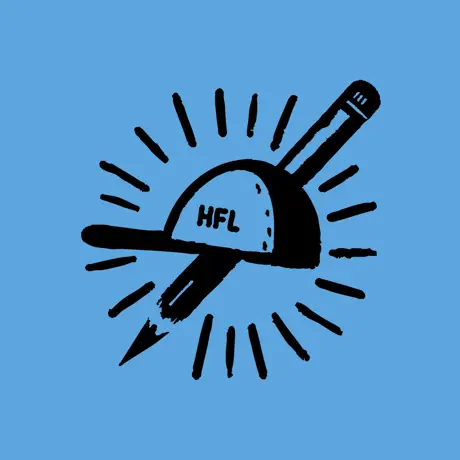I’m admittedly hyper-focused on productivity.
“How can I do more in less time?” has been a flashing beacon in my mind for a long, long time. As far back as I can remember.
Along those same lines has been this question:
“What is the most productive way to spend my time?”
This second question came into focus when I was about twelve years old. My friend, Jeff, had a paper route in his neighborhood, and one day he asked me to walk along with him. I agreed. He delivered the afternoon edition of The Woonsocket Call Monday-Friday plus the Sunday morning edition. We had fun, walking from house to house as he introduced me to the idiosyncrasies of each of his customers.
- This old lady gives me one stale Oreo cookie on Friday.
- This guy answers the door on payday in a robe and slippers.
- The customers who he had never seen. “They just leave money in an envelope under the mat for me, like they did for the last paper boy.”
Back then, paper routes were precious. In order to secure one, you had to purchase it from a retiring paperboy for a considerable amount of money. As I walked with Jeff, I wondered if my paper boy might be retiring soon. Maybe I could be a paper boy and finally have some money in my pocket.
I walked the paper route with Jeff several times until one day, he and I walked together on Friday.
Payday.
That was when I saw how much money Jeff made per week. I couldn’t believe it. As poor as I was and as much as I wanted to have money in my pocket, a quick calculation in my head determined that this must be the least productive job on the planet.
The pay was atrocious. It was miniscule. It was not worth his time.
Not only was the pay pathetic, but taking on the job as paperboy meant committing every afternoon to the job without exception. No after school sports. No visits with friends. Just straight home to deliver the papers. And it didn’t matter if it was raining or snowing. It didn’t matter if it was 10 degrees or 100 degrees. It didn’t matter if you were sick or hurt. A paperboy was outside, delivering papers, every day, no matter what.
That was the moment I realized that as poor as I may be, some jobs are simply not worth the pay. My time, I came to understand, is exceptionally valuable, and simply having more money than I had before should never be the reason to take a job.
It was the moment I realized that my time was worth a certain amount of money, and my goal was to find work that balanced the equation between my time and effort and the money and benefits being offered in return.

A few months later I would be hired for my first job:
Laborer on a local farm. I hooked and flung bales of hay off tractor trailers. Hung barbed wire. Sunk fence posts. Mucked stalls. Cleared brush. I worked 5-6 hours every Saturday morning and made more money than Jeff made in a week.
Time is money, I learned at an early age, but only if the money and benefits offered matches the time being given in return.
Far too often, I watch people take on additional work, new assignments, and side jobs that are simply not worth the time invested. While I understand the inclination to say yes to any additional income, you must keep the big picture in mind:
Time is the most valuable commodity on the planet, and you have just as much of it as the wealthiest people alive. Value your time accordingly. Never waste it away. Find the additional work and side jobs that price your time accordingly. Take the time to find the right fit. Invest in yourself and your skills so you can ultimately earn what you deserve. Demand that your compensation be commensurate with your ability from every employer.
Admittedly, I still struggle with that last one a bit.









